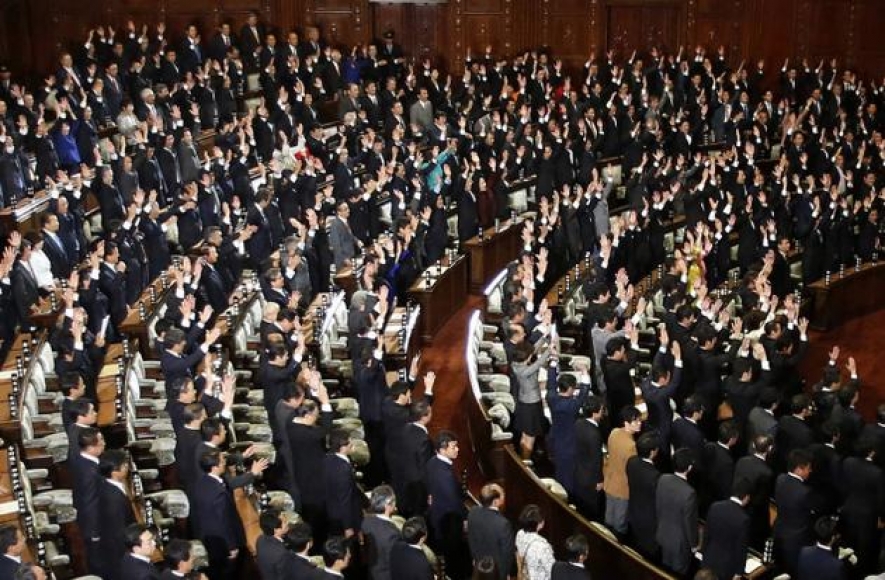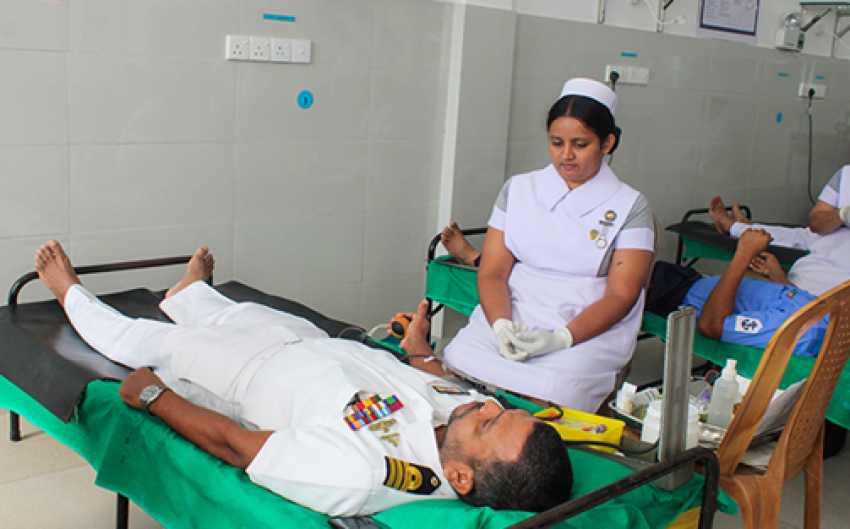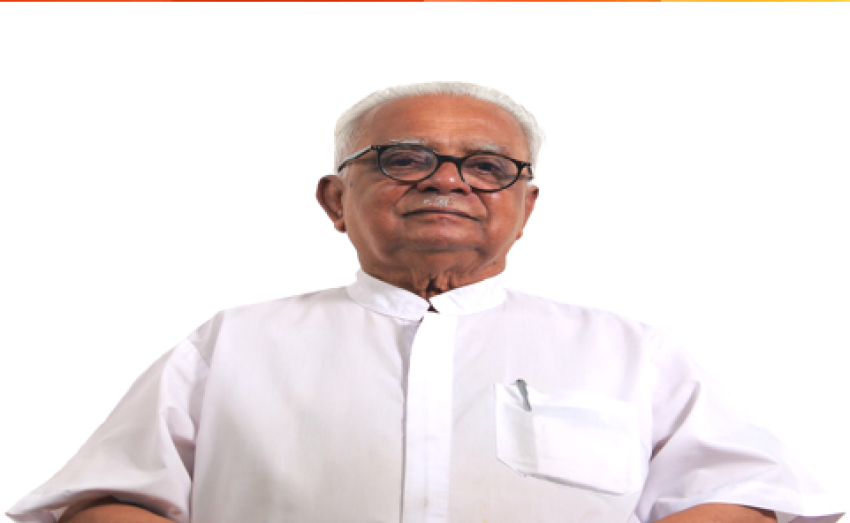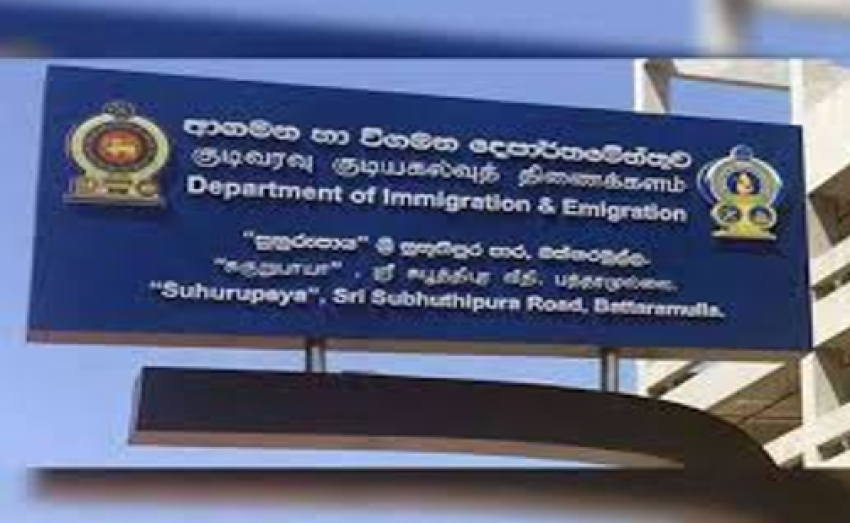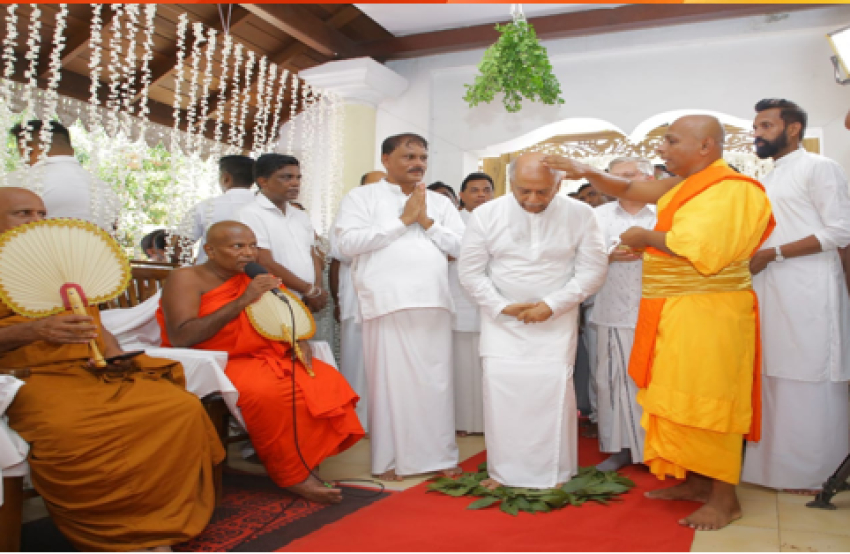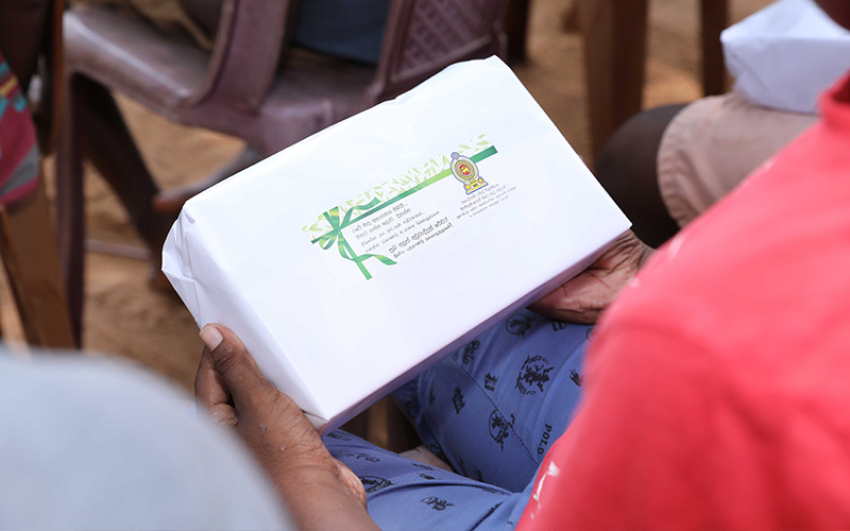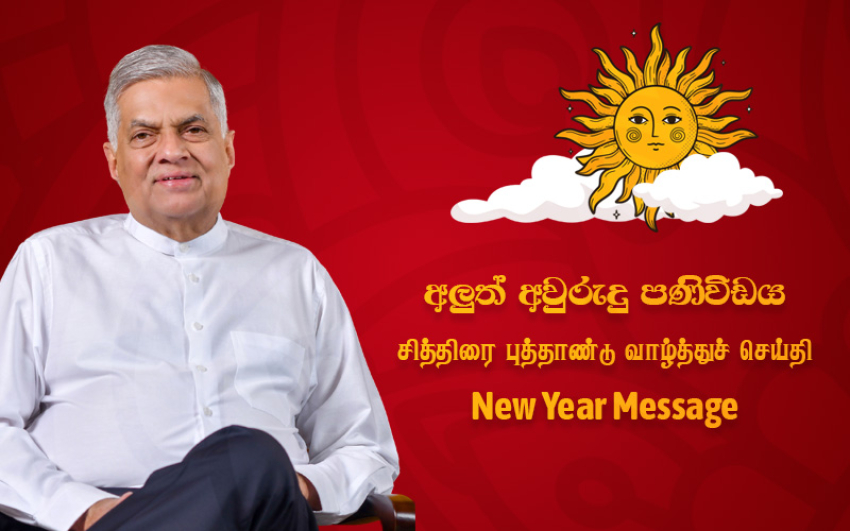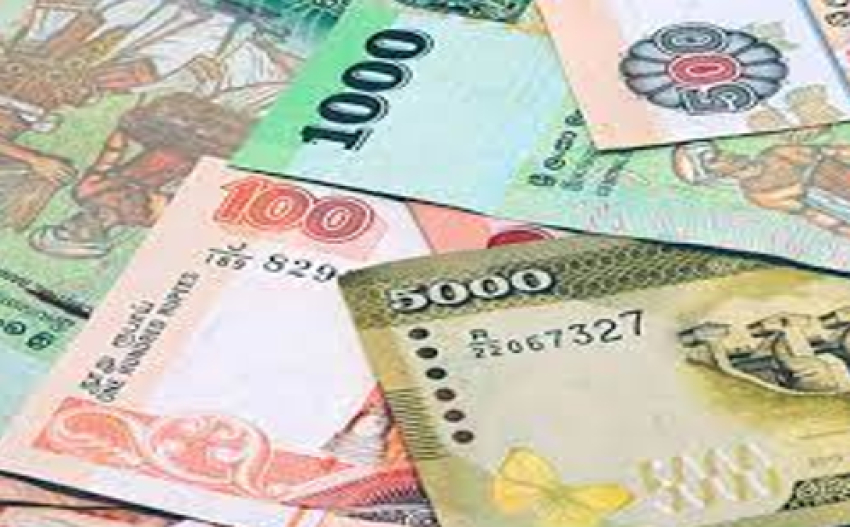Bunmei Ibuki, speaker of the lower house, announced the resolution, which was approved by PM Abe's cabinet in the morning and by the Japanese emperor later, to dissolve the parliament's chamber.
Abe, the LDP's president, vowed shortly after the dissolution of the lower house that he will fight hard in the looming general election, adding his decision made on Tuesday to dissolve the lower house aims at letting the Japanese public to judge his choice to delay the second round sales tax hike.
Government data showed that the world's third largest economy's growth shrank an annualized 1.6 percent in the June-September period for the second straight quarter of decline, suggesting the country slipped into technical recession, with the prime minister admitting Tuesday the Japanese economy has yet returned to recovery path.
A series of resolutions and bills, including the approval of the right to collective self-defense and the Special Secrecy Law, passed by the Abe's government and LDP-controlled parliament, encountered strong opposition domestically, tumbling supporting rate for Abe's cabinet from about 70 percent shortly after it was launched in December 2012 to the current 39 percent, according to the latest poll by Japan's major daily newspaper the Asahi Shimbun on Friday.
Meanwhile, Yukio Edano, Secretary General of the DPJ, slammed Abe's decision to dissolve the lower house as meaningless, that it left heavier burden to people's daily life and enlarged the gap between the rich and the poor.
On the election agenda, the cabinet is expected to decide in an extra cabinet meeting that the official campaign will kick off on Dec. 2 and the voting procedure is slated for Dec. 14, according to reports.
A total of 475 seats will be elected this time, compared with the 480 seats in the 2012 general election. 295 of the 475 seats will be elected from single-seat districts and the remaining 180 from proportional representation.
The party or bloc that wins the majority of the lower house in the election will name the candidate for the new Prime Minister.(KH/PL)

